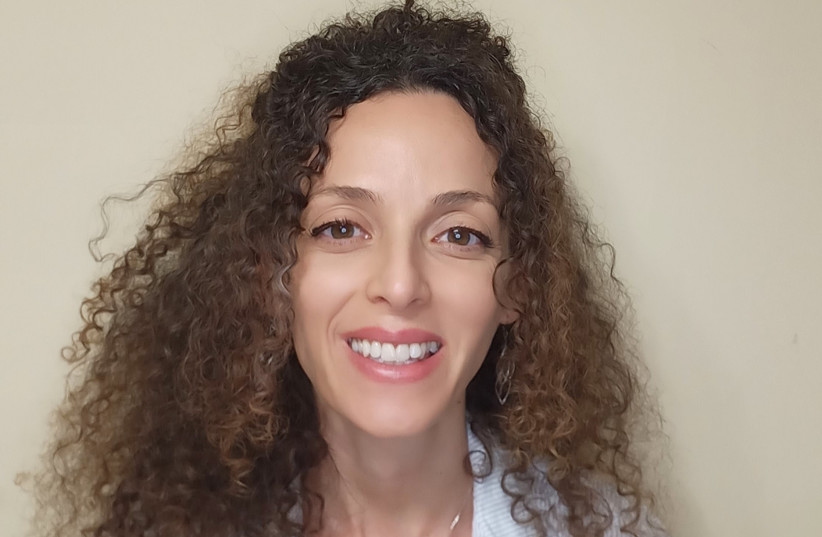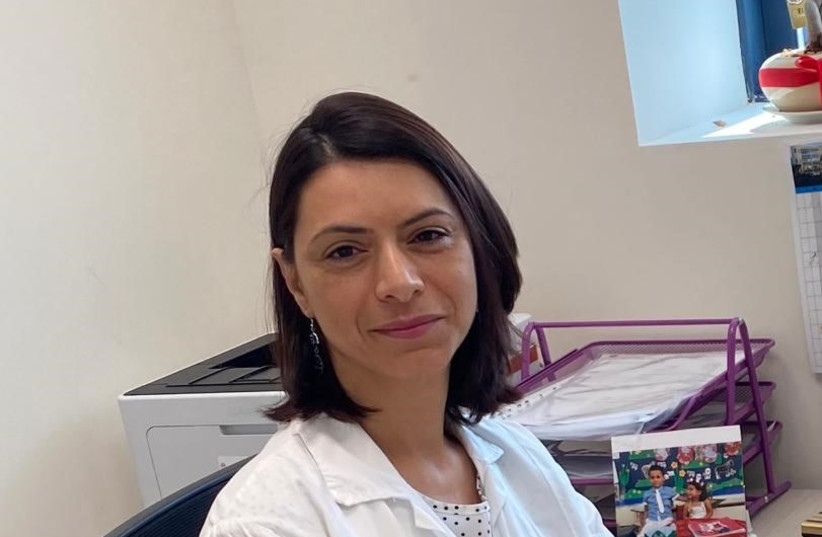Technion PhD students have developed digital tools to improve patients’ knowledge and their ability to make informed decisions in regards to genetic counseling, the university stated on Wednesday.
Students Olfat Abuleil-Zoubi and Chen Gafni-Amsalem, both studying for a PhD in the Technion’s Rappaport Faculty of Medicine, worked together at HaEmek Medical Center's Genetic Institute to develop an approach to make the process of genetic counseling easier and more efficient for both patients and consultants.
Abuleil-Zoubi and Gafni-Amsalem chose ten topics relevant to genetic counseling and made an animated video for each one providing information and guidance on the topic, totaling 20 videos in both Hebrew and Arabic.
Some topics in genetic testing include, "deciding whether to marry a partner, whether to endanger a pregnancy with an invasive test, or whether to terminate a pregnancy due to diagnosis of a particular genetic condition."
The initial trial included 1,380 patients, some of whom came in for counseling due to abnormal findings during pregnancy and some of whom came in for other issues, such as genetic screening tests, advanced age of the mother, conditions of family members or fertility defects.
While reading explanatory pamphlets was found to be effective, the animations created by the students were found to be much more effective, "especially among less-educated populations with poor understanding of genetics", according to Gafni-Amsalem.

Genetic counseling is an important and often complex medical process that includes an "explanation of genetic
principles and hereditary diseases, risk calculations, and relevant tests."
Conversations with patients about medical genetics can be challenging for consultants and patients, as this medically complex information can get lost in translation, especially when patients don't receive or have access to proper education on the subject matter.
Gafni-Asalem also noted the importance of patients being able to access information digitally is especially significant today, during a pandemic that hinders in-person consultations.
Accessing genetic counseling has become increasingly difficult due to a shortage of professionals, more time needed for each session and the restricted access to counseling in certain geographic areas.
"Using animation as a preparatory stage for genetic counseling has many advantages such as being consistent, accurate and reliable, and can be consumed at a time, place – and pace – comfortable to the user, to ensure optimal user experience", says Gafni-Asalem.
While in the experiment patients were shown videos while at the Institute of Genetics, following the success of this, digital files were routinely sent to patients' phones before genetic counseling.
Clinical Prof. Stavit Shalev, Director of the Institute from the Faculty of Medicine who supervised the students says, "Genetic testing is a process that affects not only those being tested but also their family members and sometimes the wider community as well. The process can generate many concerns, so access to information and a full understanding of the whole medical picture is very important."
Patients must make decisions that have "deep personal implications for individuals and families" and these decisions are based on "available information, as well as on a wide range of personal factors, including cultural, moral, and religious perspectives", Shalev added.
Therefore effective communication between patients and consultants must include a clear understanding of the information received by patients so they can make well-informed personal decisions.

Prof. Stavit said, “Considering the success of the intervention, we plan to roll out this approach to all patients as part of the general health service in Israel."
